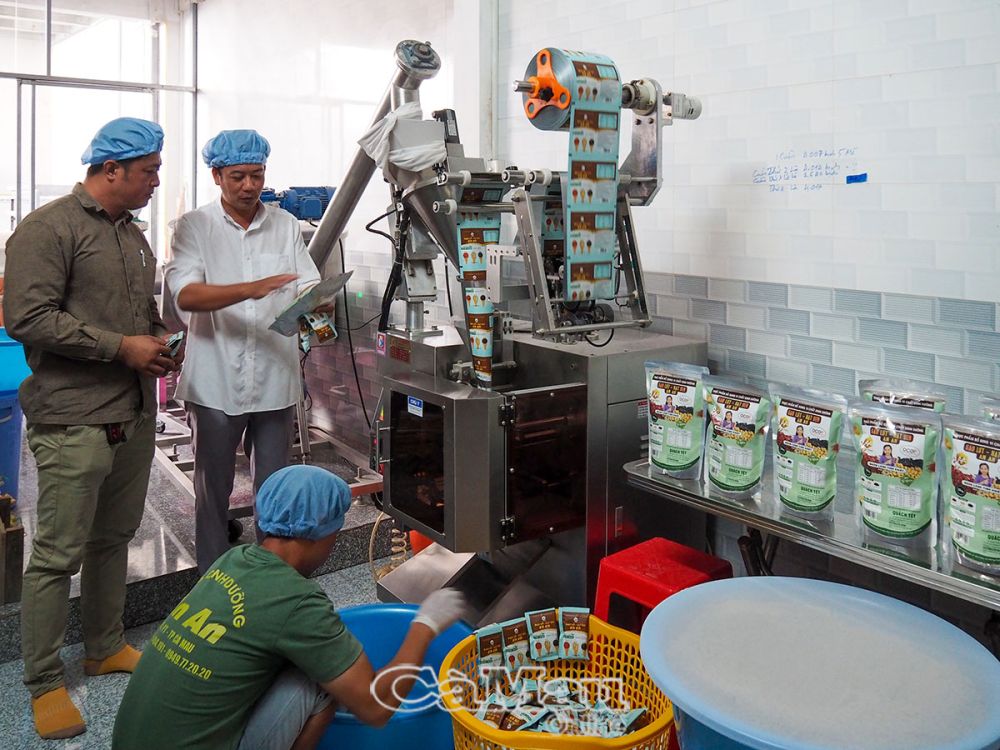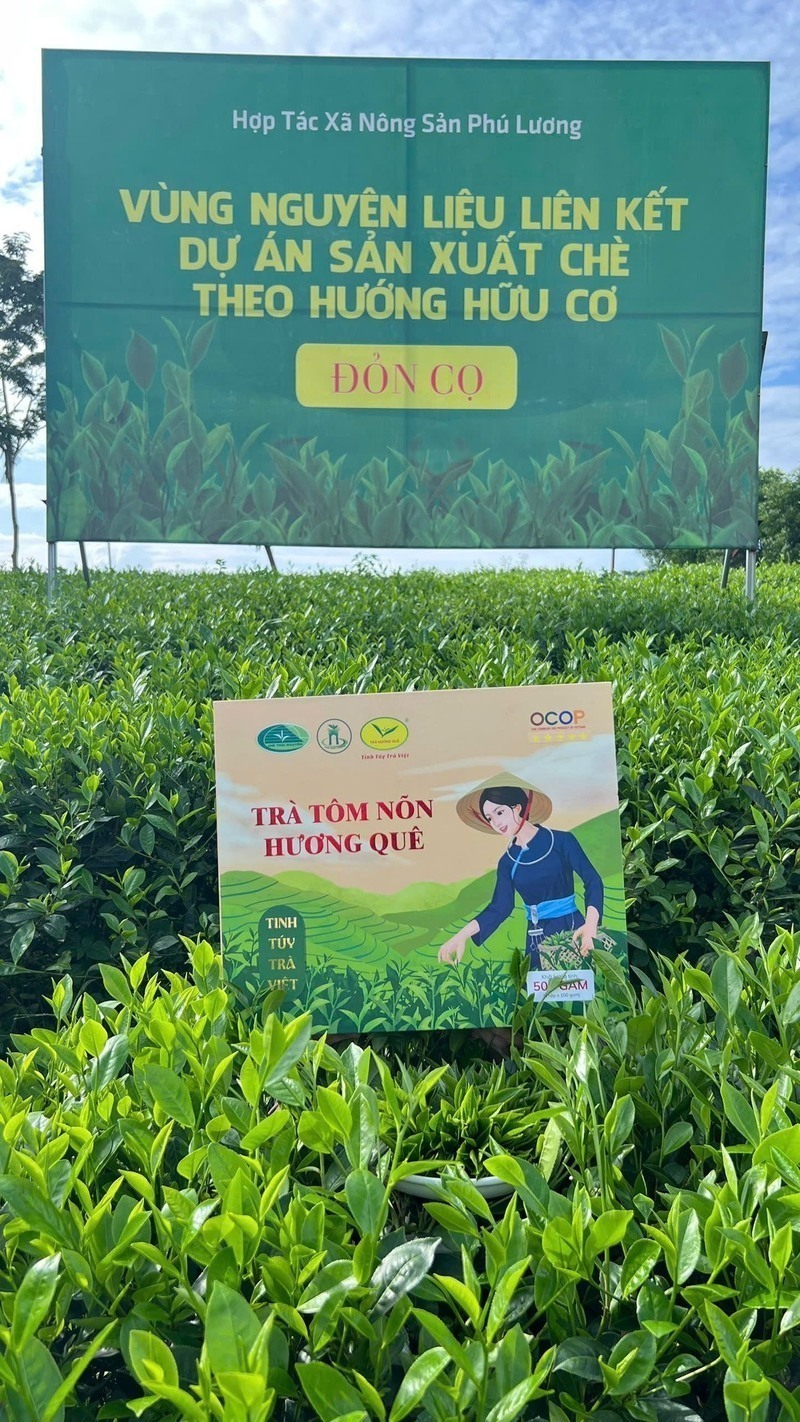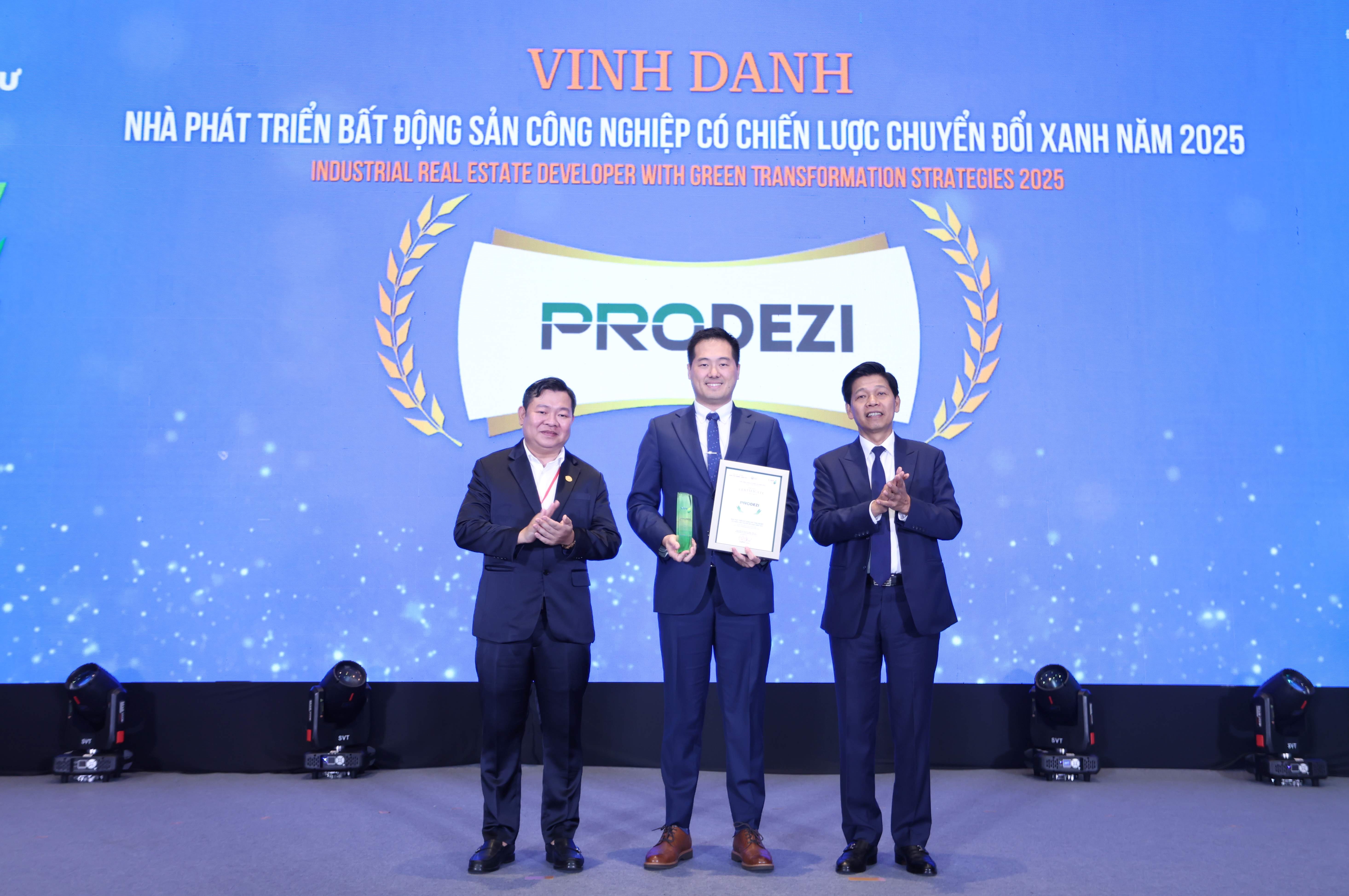
Ca Mau’s industrial promotion boosts rural industry growth
19:05 | 23/03/2025 20:10 | 04/11/2025Industry
“Ambassadors” from Vietnamese Countryside
For generations, Thai Nguyen tea, upland sticky rice from Bac Kan, or Na Ri vermicelli have been recognized as regional specialties deeply rooted to the land and people of Vietnam. Yet in the wave of globalization, it is these seemingly rustic products that are gradually entering global markets thanks to the rise of cross-border e-commerce and niche export models.
On a chilly morning in the midland district of Phu Luong (Thai Nguyen), at the Phu Luong Agricultural Cooperative, where high-standard OCOP Thai Nguyen tea products are produced, the air is filled with the faint aroma of young green rice from freshly hand-roasted tea leaves. Behind this tranquil setting lies a story of growth powered by e-commerce.
“We started with small orders, just a few hundred grams of tea via e-commerce platforms”, shared Mr. Tong Van Vien, Chairman and Director of Phu Luong Tea Cooperative. “Once we received positive feedback from overseas customers, we invested in packaging, completed our traceability system, and established a storefront on cross-border e-commerce platforms”.
Today, the cooperative has successfully exported tea to Japan and is expanding product lines tailored for that market. Simultaneously, it is researching standards in the U.S., Europe, and other countries to gradually meet demands from raw materials to packaging and labeling.
Mr. Vien believes that the uniqueness of Thai Nguyen tea lies not only in its flavor but also in the story of “ethical tea-making farmers". That’s precisely what customers in Europe and North America care about when deciding to pay for a beverage from Southeast Asia.
Another notable example is Truong Mi Distribution Agent, a subsidiary of Bac Kan Agricultural Products Joint Stock Company, a member of the Thai Nguyen Cooperative Alliance. This agent specializes in distributing products like turmeric starch, turmeric-honey concentrate, and golden camellia tea from highland cooperatives in Bac Kan.

The products of Truong Mi Distribution Agent, a subsidiary of Bac Kan Agricultural Products Joint Stock Company.
“In the past, our products were mainly sold domestically through fairs or supermarket networks. But with the rise of e-commerce, we started exploring online sales channels. Supported by digital trade promotion projects, we began listing our products on e-commerce platforms and have since exported to European markets, specifically the UK, Australia, and Italy,” said Mr. Phan Truong Son, a staff member of Truong Mi Distribution Agent.
Although the quantities remain limited, Mr. Son affirmed that this is a significant step forward, allowing highland OCOP products not only to retain tourist interest but also to tap into the global consumer base, especially those who value sustainable consumption.
A Global Path from the Smallest Things
From the journey of Phu Luong Agricultural Cooperative and Truong Mi Distribution Agent, a new direction is emerging for Vietnamese OCOP products: niche exports through cross-border e-commerce, tied to local storytelling and sustainable values.
Unlike the traditional approach of mass-exporting products through major trade intermediaries, OCOP units are opting for a slow but steady path, targeting niche markets, starting with small, stable customer segments that prioritize personalized experiences and cultural narratives.
According to OCOP actors, the starting point of “export” is not bulk shipments, but rather individual retail orders placed through e-commerce by end consumers. These small orders open up significant opportunities when consumers experience and share the products, they naturally generate market demand.
"The challenge isn’t that the product isn’t good, but how to let customers in Japan or other countries know about the name ‘Phu Luong tea’. E-commerce helps us shorten that distance", noted Mr. Tong Van Vien.
Similarly, Mr. Phan Truong Son said that products like vermicelli, upland sticky rice, or dried bamboo shoots though mountain delicacies are little known outside of Vietnam. Listing them on cross-border e-commerce platforms was not easy at first, from designing packaging and standardizing English product descriptions to ensuring quality control for each batch. However, positive feedback from sample orders gave them more confidence.
“Some buyers started with 1kg of vermicelli, then came back to order 5kg. Others recommended it to friends in different U.S. states. These small orders prove our product has a place in the market”, said Ms. Mi.
What stands out is that both units chose to position their products as artisanal, local, clean, and transparent, rather than competing on price. That’s also why they don’t pursue mass markets but aim for niche segments, consumers who value naturalness, cultural identity, and storytelling in their consumption.
For example, Thai Nguyen tea is promoted not merely as a beverage but as a cultural gift of the Vietnamese people, evoking the lifestyle of rural villages. Meanwhile, Bac Kan’s turmeric starch and honey-turmeric concentrates are clearly labeled as handcrafted, reassuring consumers about product safety. These details, though small, touch the emotions of buyers - especially Vietnamese overseas and admirers of East Asian culture.
Both representatives admitted that the path to global markets doesn’t start with big contracts, but with small parcels and the perseverance to build credibility, platform by platform, market by market.
Nevertheless, to go further, they face numerous obstacles: high logistics costs for small shipments, complex customs procedures, and most notably, a lack of connectivity in the production - commerce - technology chain. A single cooperative cannot manage production, packaging design, online store operation, and international order fulfillment all at once. Therefore, there is an urgent need for specialized support in digital export promotion, international logistics, brand consulting, and cross-border e-commerce.
From the practical experiences of OCOP stakeholders, it becomes evident that for products to truly reach international markets, three foundational strategic pillars must be established.
First is product quality aligned with distinctive local identity not just flavor, shape, or origin, but also a commitment to safe production processes, clear traceability, and uniformity across batches. This serves as the “passport” for products to overcome technical barriers and earn the trust of global consumers.
Next is digital integration and the effective use of cross-border e-commerce. When geographical distance is no longer a barrier, it is the digital platforms, media tools, and modern payment and delivery systems that act as bridges, connecting simple products from Vietnam’s countryside to global markets. Here, farmers and cooperatives are not just selling goods, they are conveying their cultural stories and values to international consumers.
Finally, to avoid being lost in the global marketplace, each OCOP product must be guided by a clear niche market strategy, starting from small orders, serving individual consumers or specific customer groups, and gradually establishing a solid foothold. These may include the overseas Vietnamese community, eco-conscious consumers, or enthusiasts of artisanal and indigenous products. From these small seeds, Vietnam’s OCOP brands can steadily grow and sustainably spread across the global trade map.
Niche exports and cross-border e-commerce, if leveraged strategically, can undoubtedly serve as the bridge that propels OCOP products so deeply Vietnamese further onto the global consumption map.

19:05 | 23/03/2025 20:10 | 04/11/2025Industry

19:05 | 23/03/2025 20:09 | 04/11/2025Trade

19:05 | 23/03/2025 20:06 | 04/11/2025News and Events

19:05 | 23/03/2025 11:43 | 04/11/2025Trade

19:05 | 23/03/2025 11:39 | 04/11/2025Industry